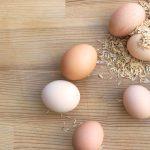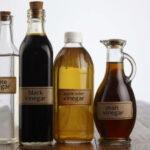Kombucha, the delightfully tart and fizzy beverage that has become a staple in health food stores, yoga studios, and reality TV show confessionals, has won the hearts of the health-conscious generation. As flavors and varieties of this fermented tea continue to surge, many wellness warriors wonder about one thing – “Does Kombucha have caffeine?” The insatiable curiosity around the caffeine content of Kombucha is a hot topic these days, particularly with the rising interest in caffeine-content awareness among health-conscious individuals.
So, allow me, John Bird, your resident Kombucha expert, to quench your thirst for knowledge on this topic. Buckle up your seatbelts; we’re diving deep into the caffeine content in Kombucha and how it stands in comparison to your daily cup of joe or tea.
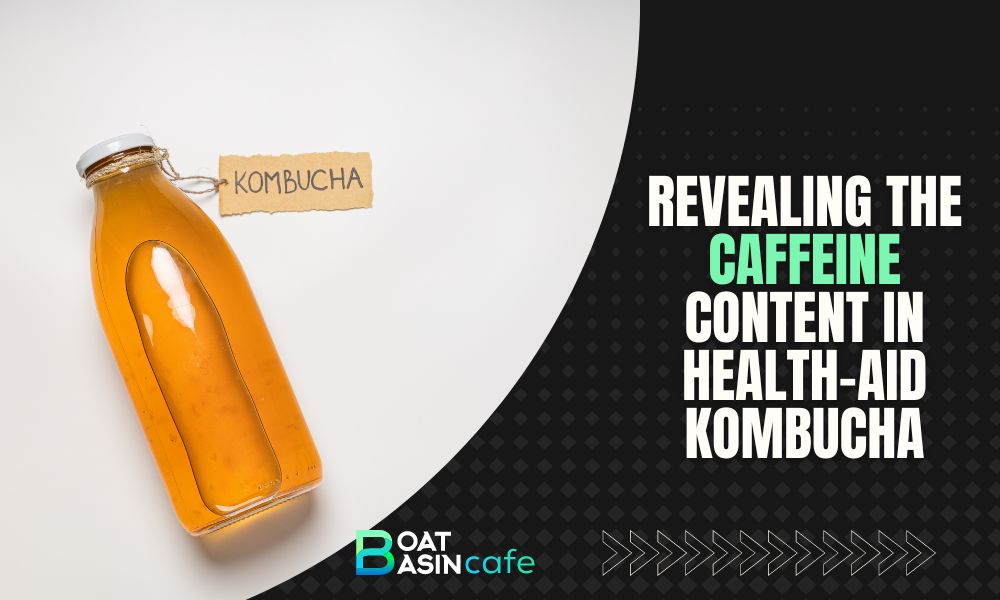
Understanding Kombucha and Caffeine
Kombucha is a wonder brew. But what exactly is it? For the uninitiated, Kombucha is a fermented beverage typically made from black or green tea. The magic happens when a SCOBY (Symbiotic Culture of Bacteria and Yeast) is added to the concoction, kicking off a unique process of fermentation. This process is responsible for Kombucha’s characteristic tangy taste and potential health benefits.
One might think that since Kombucha is tea-based, it must contain a good amount of caffeine, right? Well, yes and no. Although it’s true that Kombucha derives from tea, which naturally contains caffeine, the fermentation process changes the game. It’s a fascinating process, trust me! The length of fermentation essentially nibbles away at the caffeine, leaving about 1/3 of the original amount.
Comparing Kombucha’s Caffeine to Coffee and Tea
| Drink | Caffeine Content per 8 ounces |
|---|---|
| Coffee | 95mg |
| Black Tea | 40 – 70mg |
| Green Tea | 25 – 45mg |
| Kombucha | 10 – 25mg |
| Health-Aid Kombucha (Est.) | 10 – 25mg |
Let’s put things into perspective, shall we? The average 8-ounce cup of coffee packs a whopping 95mg of caffeine, whereas your typical black tea contains around 40 to 70mg. Green tea, on the other hand, has much subtler levels, averaging around 25 to 45mg per 8 ounces.
So where does Kombucha fit into all this? An 8-ounce serving of this bubbly brew usually contains between 10 to 25mg of caffeine. Yes! That might be even less than the caffeine in your green tea! Isn’t it fascinating how the fermentation process and Kombucha caffeine levels go hand in hand?
Factors Affecting Kombucha’s Caffeine Content
Now that we know that Kombucha does contain caffeine, albeit a lesser amount than your average cup of coffee or tea, it’s essential to understand what factors influence these levels. Believe me, interesting elements are at play here:
| Factors Affecting Caffeine Content | Description |
|---|---|
| Steeping time of the tea | The longer the tea is steeped, the more caffeine is extracted. However, fermentation reduces the final caffeine content. |
| Fermentation duration | Long Fermentation time reduces caffeine as SCOBY snacks on caffeine. |
| Brand variations | Caffeine content can vary among Kombucha brands due to different brewing and fermentation processes. |
- Steeping time of the tea: The longer the tea is steeped, the more caffeine is extracted. However, as I mentioned earlier, the fermentation process comes to the rescue to lower the ultimate caffeine content.
- Fermentation duration: The SCOBY used in brewing Kombucha indeed loves to snack on caffeine. So, the longer your batch ferments, the lower the caffeine content gets. It’s all about playing the waiting game!
- Brand variations: Just as every brewer has a unique process, the caffeine content can also vary among Kombucha brands. Fascinating, isn’t it?
So, if you’re jonesing for a fizzy drink but also want to keep tabs on your caffeine intake, longer steeping and fermentation processes can be your best friends in the quest for a healthier beverage.
Benefits of Low-Caffeine Kombucha
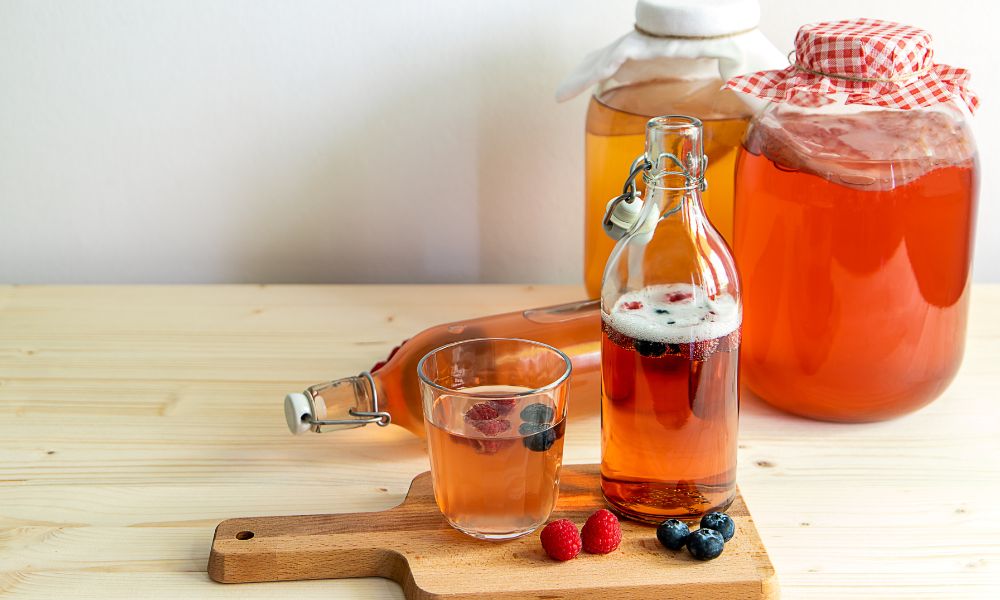
Offering a tart yet fruity flavor, this probiotic-rich beverage does more than just tantalize your tastebuds. A benefit of low-caffeine Kombucha is that it offers a great way for those interested in cutting back on caffeine while keeping their beverage choice interesting. Kombucha provides you with an energy boost, a fermentation motherload, and unique flavors without sending you bouncing off the walls!
However, remember moderation is crucial. If you’re pregnant, trying to conceive, or breastfeeding, consulting with a healthcare professional about the safe caffeine intake during breastfeeding or pregnancy is always a good idea.
Health-Aid’s Approach
Now let’s talk about a brand that has been making waves in the Kombucha world – Health-Ade. Health-Ade’s unique kombucha flavors are prepared using a small batch process, which primarily uses a blend of organic black and green tea.
Chances are, the caffeine content in Health-Aide Kombucha varies between 10mg to 25mg per serving, depending on the flavor and batch. Each sip packs the perfect balance of tangy, sweet, and fizzy. For someone wanting to try a refreshing, low-caffeine alternative to sugary drinks, Health-Aid’s Kombucha might just hit the spot!
Don’t forget to check out my previous blog post where I embark on a journey exploring the mighty Health Benefits of Kombucha and how it can aid you sexually.
Managing Caffeine Levels through Fermentation
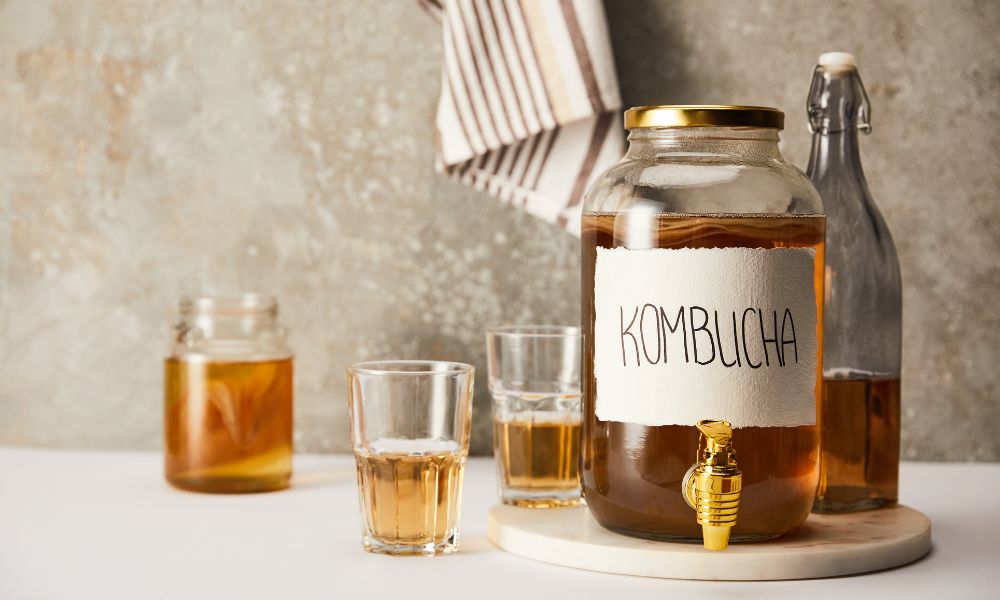
The relationship between fermentation and Kombucha caffeine levels is a mutual love affair. The time-dependent process reduces the caffeine content, making it an excellent option for the caffeine-sensitive. The key to controlling caffeine levels in your Kombucha lies in the duration of both brewing and fermentation.
Longer brewing times extract more caffeine from the tea leaves, but the next stage, fermentation gobbles up a good portion of the caffeine. So a lengthy fermentation period can do wonders to achieve low-caffeine Kombucha options. It’s all about balance and patience, my friends.
Reducing Caffeine with Kombucha Fermentation
One can’t help but marvel at nature’s genius ways of achieving balance. The brewing and fermentation process of Kombucha serves as a perfect example of this magical equilibrium. Kombucha starts its journey as a simple mixture of tea, and the fermentation process gradually transforms it into a vibrant, fizzy, and low-caffeine beverage.
The energy fluctuations throughout the day can be challenging, especially when you are sensitive to caffeine. Here, Kombucha comes to your rescue as the ultimate superhero, providing an energy boost minus the jittery side effects. Anyone asking how is caffeine reduced in Kombucha; the answer is in the balance of brewing and fermenting.
Kombucha Vs Coffee Caffeine
When it comes to the caffeine showdown between Kombucha and coffee, Kombucha is a clear winner for those seeking less caffeine. Your average home-brewed coffee has almost 10 times the caffeine level of Kombucha. This makes Kombucha an excellent beverage alternative for those wanting to cut down on their caffeine intake without losing out on a delightful drink experience.
The fact that Kombucha contains less caffeine doesn’t downplay the ongoing dialogues on caffeine’s impact on health. It’s essential to be aware of the caffeine content in our dietary consumption as the effects vary from person to person. And finding pregnancy-safe Kombucha options are an important part of this conversation.
Conclusion
Dive into the wonderfully fizzy world of Kombucha while keeping your caffeine preferences in mind. If you’ve been a member of the nocturnal club solely because of caffeine-induced insomnia, Health-Aid Kombucha could be your new best friend. With the right balance, Kombucha shows that you can have it all– a delicious drink that is flavorful, healthy, and doesn’t leave you pacing around your kitchen at 3 am.
As I conclude this explorative Kombucha adventure, let’s remember the importance of being informed about the beverages we consume. Remember, knowledge is power; knowing how to leverage it is the key to a healthier lifestyle. So why wait? Hop on the bandwagon and experiment with this effervescent goodness today.
Author’s Note
Back in the day, I, John Bird, was a part of the team at the ever-hustling Boat Basin Cafe Downtown New York. I managed to learn much more than just making the perfect latte foam there. The exposure to the culinary world there piqued my interest in food, beverages, and overall wellness.
This Kombucha journey has been an enlightening experience for me. I hope it’s been the same for you. For more refreshing tales straight from Boat Basin Cafe and beyond, stay tuned & keep sipping!


